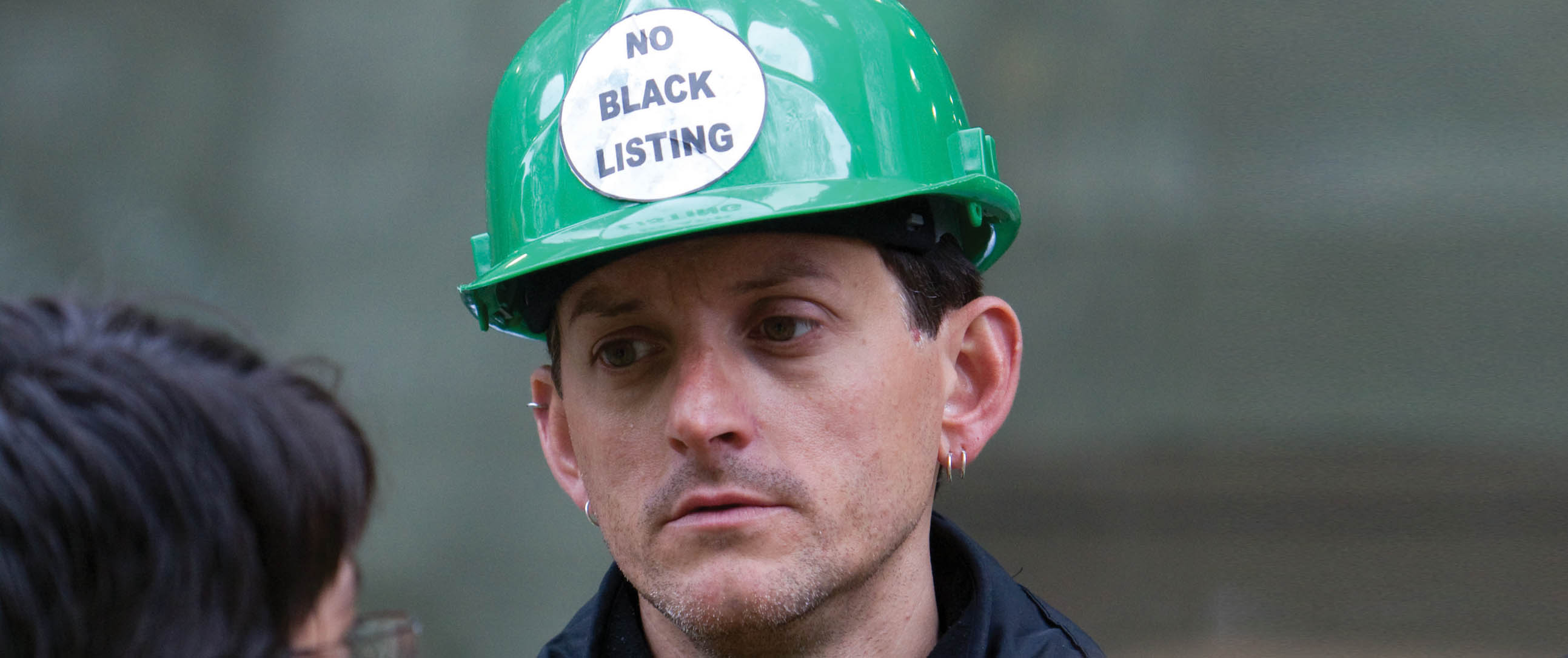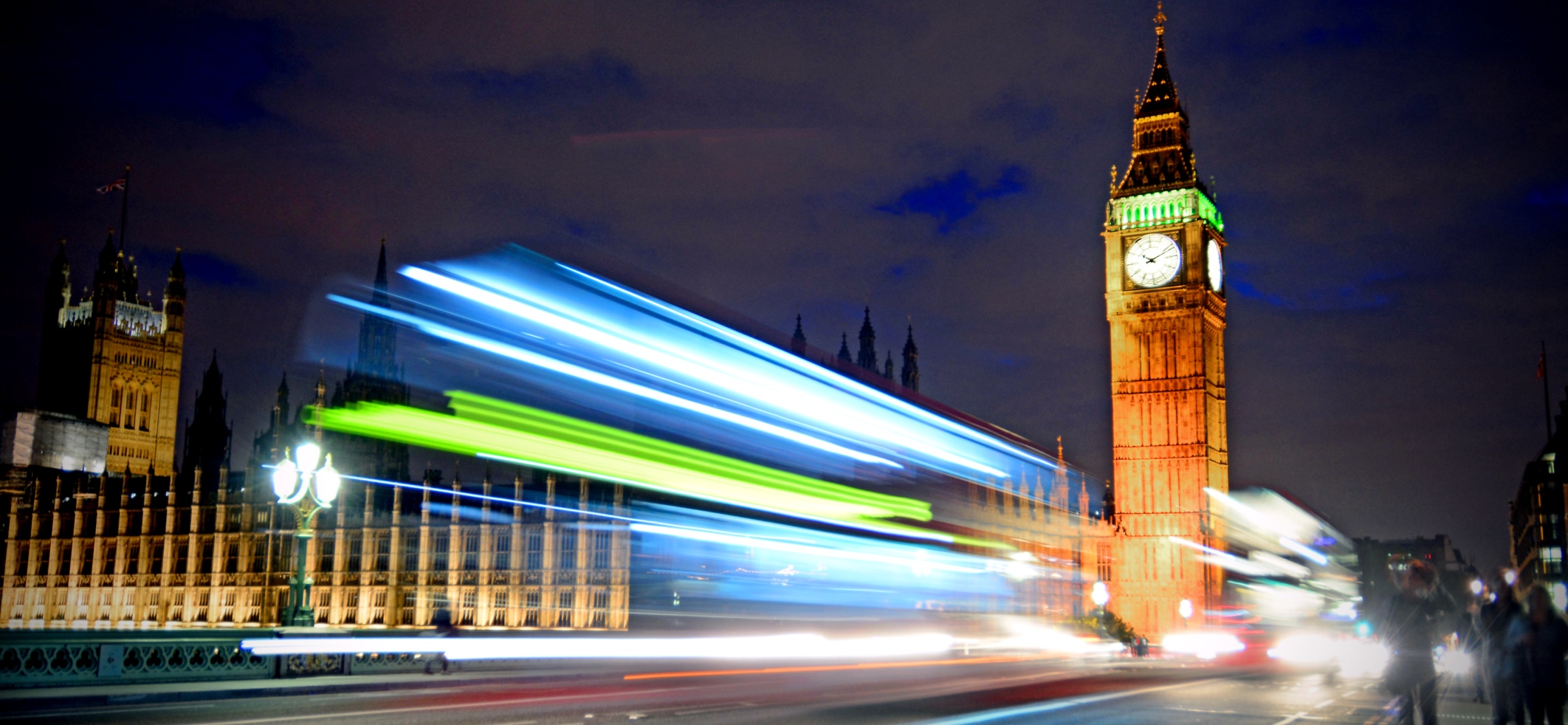Scrap the Trade Union bill
Unite, has today (September 10) urged the government to abandon its Trade Union bill, warning that the legislation heralds a new era of divisive industrial relations ill-befitting a modern economy.
Further, it would tilt power in an increasingly unequal Britain still further towards the rich and big business.
The call comes as the bill prepares for its second reading in the Commons (September 14) and as submissions are made to the business department on three aspects of the Conservative government’s plans, including changing the law to allow agency staff to be used during strikes; increasing ballot thresholds for strikes in public services; and further tightening of the laws on picketing during disputes.
The union is deeply concerned that the government’s proposals – which have been slammed as â€not fit for purpose’ by its own advisors and attracted widespread criticism from human rights’ organisations – will contaminate decades of work to improve industrial relations, forcing employers and trade unions into longer, more bitter disputes.
Furthermore, the bill is a missed opportunity for the government to modernise trade union balloting, building on the proposals of the previous business secretary Vince Cable to develop secure workplace voting and developing mechanisms that already exist for union recognition ballots.
“It is hard to find a shred of support for this shabby bill. Former ministers have termed it â€depressingly ideological and completely unnecessary,'” said Unite general secretary Len McCluskey.
He highlighted the criticism the bill has drawn from all sides.
“Agency trade bodies are worried about the impact on their members,” McCluskey said. “Human resources specialists say it is counter-productive. The police have stated that union protests are peaceful and do not attract complaint or cause concern.”
“Not one of the blue chip companies with which Unite works has said that the law needs to change because good employers value the role trade unions play in the workplace, with far more often than not disputes resolved through consultation and negotiation.
“Even the government’s own independent advisors have dismissed it as â€not fit for purpose’.
“It would seem that the only support for it is around the Conservative cabinet table, sadly exposing their prejudice and poor understanding about what unions actually do to support working people and improve working conditions,” he added.
Force for fairness
“Trade unions – and our six million members – are not the â€enemy within’, but a force for fairness.”
McCluskey renewed the union’s call for the bill to be abandoned.
“Ministers must scrap these plans,” he said. “Legislation that makes it harder for unions to defend people, encourages employers to string out disputes and permits the authorities to demand to see workers’ Facebook posts will mean working people living on bended knee. This proposed legislation would be a bad, backward-looking law.
“We appeal to the wiser counsels on the Conservative benches, who understand the importance of fundamental freedoms and personal dignity, do not allow these regressive plans to reach the statute book.
“They will further tilt power in this country and are simply a gift to bad bosses,” McCluskey added. “In â€One Nation’ Tory Britain one thing will be certain – working people will be easier to exploit.”
Unite has repeatedly called upon the government to follow a more progressive path in industrial relations, including working with trade unions on measures to develop modern workplace voting.
“Unite’s challenge to the government is to prove that it is genuinely interested in addressing a perceived democratic deficit – not seeking to make it harder for working people to exercise their basic rights,” McCluskey continued.
“So we call upon ministers to sit down with us to discuss effective ways to increase turnout and thresholds in ballots that fit with modern life.
“Both employers and workers are already used to workplace ballots for trade union recognition – it therefore makes perfect sense to extend this established, successful arrangement to ensure that trade union members can also vote in industrial action ballots in a secure environment. Progress can be made on this now, with no need for this divisive bill.”
As the bill goes up for its second reading on Monday (September 14), be sure to contact your MP and tell them to do the right thing and vote against it. You can do just that right here — it takes less than 30 seconds to do your part to protect working people’s rights.
 Like
Like Follow
Follow


